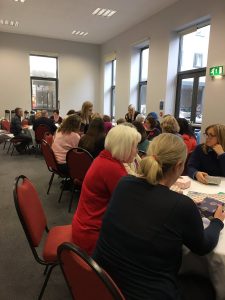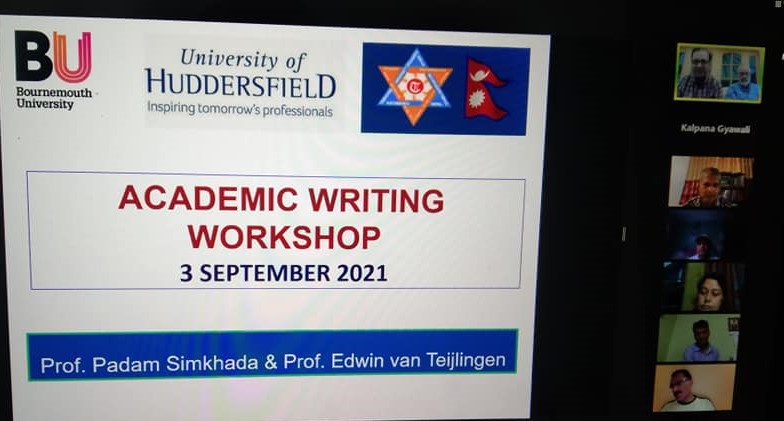Call for speakers at Soapbox Science Brighton 2022 now open.
 What is Soapbox Science?
What is Soapbox Science?
Soapbox Science is a fun and engaging way of communicating your research and raising the profile of female, non-binary and gender queer scientists. The aim of Soapbox Science is to promote female and gender diverse scientists and the work they do, challenging stereotypes of who can be a scientist.
Events
Soapbox Science events transform public areas into an arena for public learning and scientific debate; they follow the format of London Hyde Park’s Speaker’s Corner, which is historically an arena for public debate.
Learn, heckle, question, probe, interact with and be inspired by some of our leading scientists. No middle person, no PowerPoint slides, no amphitheatre – just remarkable women and non-binary scientists sharing their latest discoveries, and answering the science questions you have been burning to ask.
Open Call
The call for speakers is open to female, non-binary and gender queer STEMM (science, technology, engineering, mathematics and medicine) researchers and entrepreneurs from PhD to Professor.
Funding for travel is provided. The organisers will provide all speakers with training in public speaking and science communication, as well as supporting you to think creatively about how to communicate your research in the most engaging way.
The event will be held on Brighton Seafront on Saturday 21 May 2022
Apply here
Deadline for applications: Monday 28 February 2022
If you have any questions, please contact soapboxscience@gmail.com
Alternatively, please contact Adam Morris (BU Engagement Officer) if you would like advice on planning or submitting your application: publicengagement@bournemouth.ac.uk


 Then we want to hear from you! Deadline: 25 January 2022
Then we want to hear from you! Deadline: 25 January 2022
 What is Soapbox Science?
What is Soapbox Science?




















 REF Code of Practice consultation is open!
REF Code of Practice consultation is open! BU Leads AI-Driven Work Package in EU Horizon SUSHEAS Project
BU Leads AI-Driven Work Package in EU Horizon SUSHEAS Project Evidence Synthesis Centre open at Kathmandu University
Evidence Synthesis Centre open at Kathmandu University Expand Your Impact: Collaboration and Networking Workshops for Researchers
Expand Your Impact: Collaboration and Networking Workshops for Researchers ECR Funding Open Call: Research Culture & Community Grant – Apply now
ECR Funding Open Call: Research Culture & Community Grant – Apply now ECR Funding Open Call: Research Culture & Community Grant – Application Deadline Friday 12 December
ECR Funding Open Call: Research Culture & Community Grant – Application Deadline Friday 12 December MSCA Postdoctoral Fellowships 2025 Call
MSCA Postdoctoral Fellowships 2025 Call ERC Advanced Grant 2025 Webinar
ERC Advanced Grant 2025 Webinar Update on UKRO services
Update on UKRO services European research project exploring use of ‘virtual twins’ to better manage metabolic associated fatty liver disease
European research project exploring use of ‘virtual twins’ to better manage metabolic associated fatty liver disease